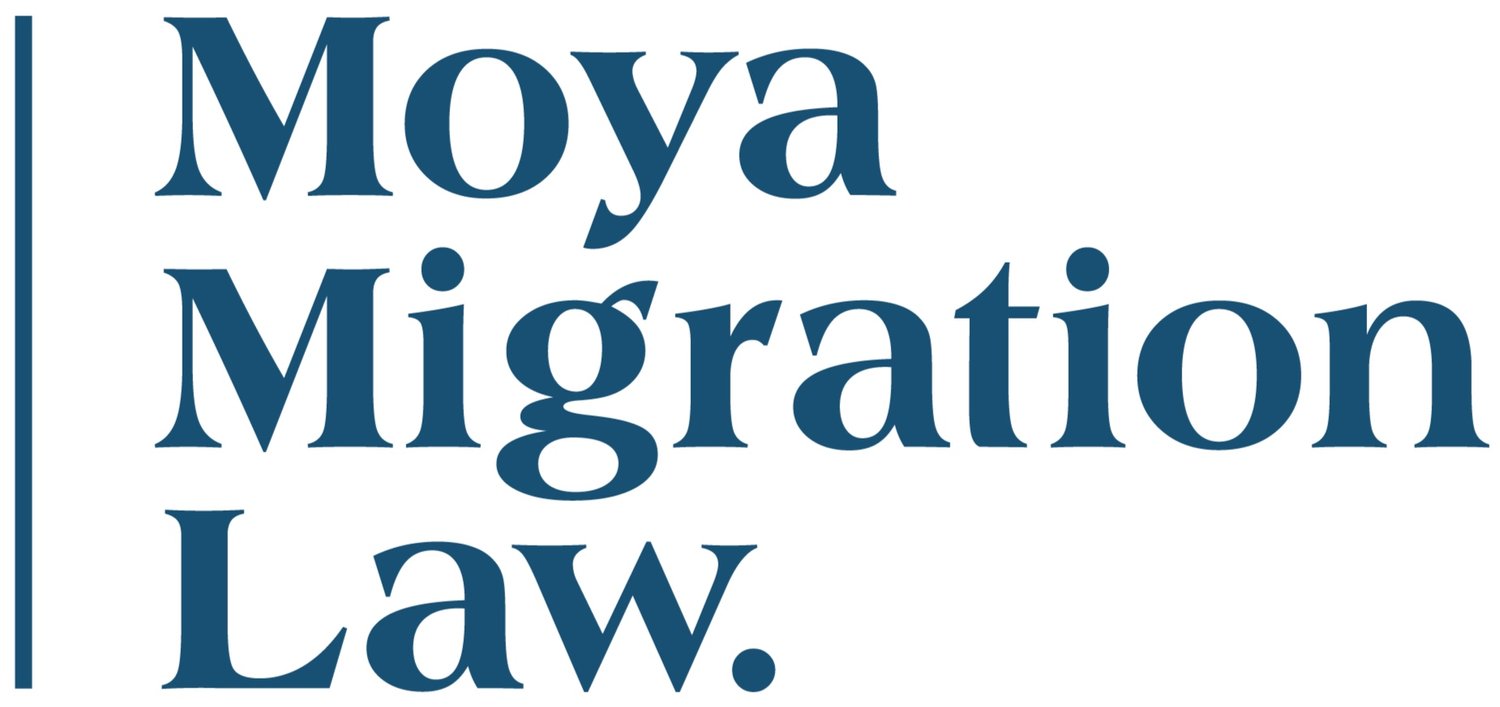High Court rules the Minister’s public interest and personal intervention powers must be exercised personally; they cannot be delegated
Summary: this article refers to the exercise of the Minister’s personal intervention powers - frequently described as ‘God like powers’ - to intervene in individual cases to grant a visa.
In a recent decision of the High Court: Davis v Minister for Immigration, Citizenship, Migrant Services and Multicultural Affairs [2023] HCA 10; 97 ALJR 214 the majority of the Court ruled that a decision of a departmental officer not to refer a request to the Minister (to exercise their public interest powers under sections 351 and 417 of the Migration Act 1958) was an unlawful exercise of the Minister’s personal liberty. In other words, it was unlawful for a delegate of the Minister to determine whether or not to refer a request to the Minister, because the law required the Minister to reach that decision (whether or not to consider exercising their powers).
Sections 351 and 417 of the Migration Act 1958 allow the Minister to substitute a more favourable decision where it is in the public interest to do so. These requests are commonly made by visa applicants who may have exhausted all other avenues to obtain a visa (such as unsuccessfully appealing a decision at the Administrative Appeals Tribunal or after appealing in the Courts). Often these individuals have been in Australia for a number of years (or decades) and apply for a Ministerial Intervention request to present their unique, compelling and compassionate reasons to the Minister in the hope the Minister may grant them (or permit them to apply for an appropriate) visa. Common reasons for seeking to remain in Australia include compelling and compassionate circumstances that if not recognised would result in serious, ongoing and irreversible harm and continuing hardship to an Australian citizen or permanent resident.
In order to manage these requests the Minister created Ministerial Guidelines that set out circumstances in which referral was considered appropriate and circumstances in which it was not considered appropriate to refer a matter. The treatment of ‘repeat’ Ministerial requests were also set out in the guidelines and generally speaking the Minister did not wish to consider these requests.
A consequence of the High Court decision is that an individual who had their Ministerial Intervention request dealt with by a departmental officer and not referred to the Minister to consider exercising his/her power, may now have an opportunity to ‘re-open’ their Minister Intervention request.
It’s also worth noting that what is considered to be compelling and compassionate can be a broad range of circumstances and is not defined in the Migration Act 1958 and can only be determined by considering your personal circumstances.
If you have been affected by a decision not to refer your first (or subsequent) requests for Ministerial Intervention (from 2016 onwards) and you would like to explore your options please contact Moya Migration Law for advice. As lawyers, Moya Migration Law our communications and legal advice are protected by legal professional privilege.
